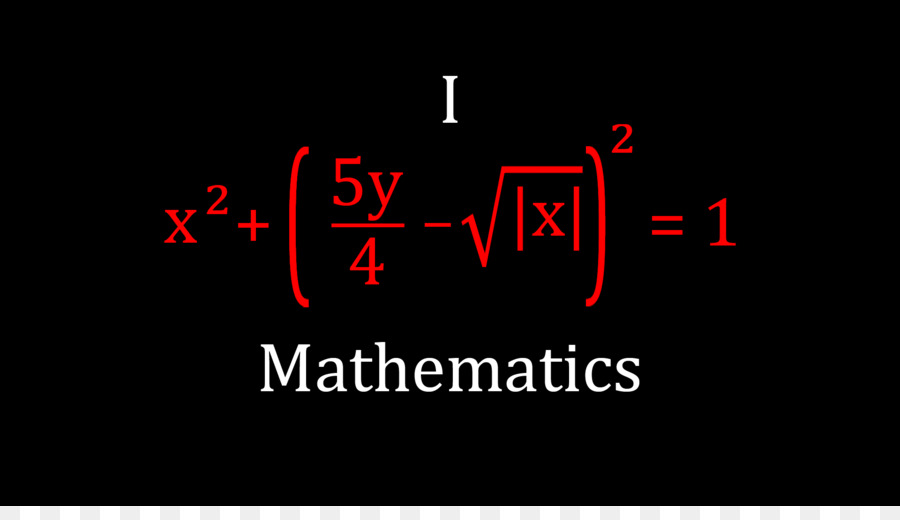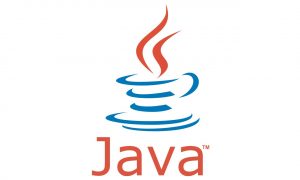In Java, both StrictMath and Math are classes that provide mathematical functions, but there are some key differences between them, particularly in terms of strictness, performance, and portability. Let’s explore these differences and provide an example to illustrate their use.
Math Class
The Math class is part of the Java standard library and provides a set of mathematical functions and constants. These functions are often implemented using hardware-specific or platform-specific optimizations for better performance. The Math class adheres to the IEEE 754 standard for floating-point arithmetic, which means that its behavior may not be consistent across different Java implementations and platforms.
Here’s an example of using the Math class to calculate the square root of a number:
StrictMath Class
The StrictMath class, also part of the Java standard library, provides the same mathematical functions as the Math class. However, it is designed to provide platform-independent and predictable results for all Java implementations. StrictMath adheres strictly to the IEEE 754 standard, ensuring consistent behavior across different platforms, even if it sacrifices some performance optimizations.
Here’s the same square root example using the StrictMath class:




